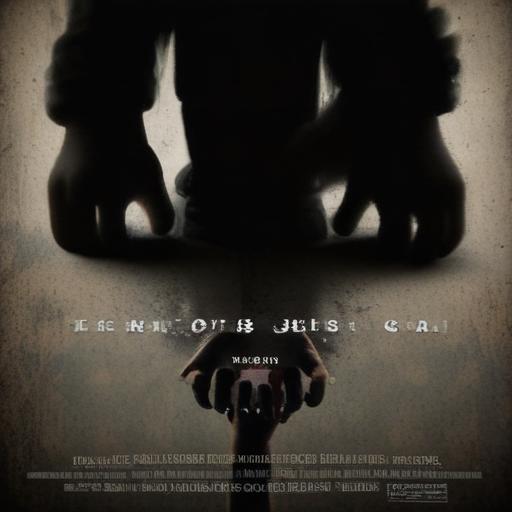Zach Cregger has emerged as a groundbreaking force in the horror genre, following the success of his 2022 film “Barbarian.” Now, with his highly anticipated follow-up “Weapons,” Cregger has solidified his status as a distinct voice in cinema. The film has generated significant buzz, igniting a bidding war among studios eager to capture what many are calling the next masterpiece of horror. Cregger’s work has attracted notable attention, especially following an endorsement from acclaimed filmmaker Jordan Peele.
“Weapon” uniquely intertwines elements of parental anxiety and chilling suspense, reminiscent of Denis Villeneuve’s “Prisoners” and the narrative complexity found in “Magnolia.” The film critically explores America’s pervasive gun epidemic and society’s often superficial responses to tragedy. Cregger’s storytelling skillfully prompts audiences to reflect on how deeply ingrained cultural issues evade real solutions, focusing instead on fear and blame.
At the heart of “Weapons” is Justine Gandy, portrayed by Julia Garner, a passionate teacher thrust into the public eye following a mass disappearance of children in her community. Justine grapples with overwhelming guilt and societal condemnation, representing the failures of various systems meant to protect the vulnerable. This character highlights the baseless vilification that occurs in the face of a tragedy, encouraging viewers to confront uncomfortable truths about the societal dynamics at play.
Countering Justine’s narrative is Archer, played by Josh Brolin, who embodies the frustration of a distraught father in search of answers. His character’s emotional turmoil encapsulates the challenges of balancing personal grief with societal expectations, illustrating the complexities of parental guilt and the desperate need for understanding amidst chaos.
Cregger manages to delve deeper than surface-level horror; “Weapons” transforms suburban landscapes into disturbing realms that reflect societal failures and the blindness towards prevalent issues like neglect and abuse. This haunting storyline compels audiences to confront the unsettling reality lurking beneath familiar exteriors—revealing that, often, the true horrors are those perpetuated within seemingly safe spaces.
The film also explores the roles of authority figures, such as law enforcement and educators, highlighting their inadequacies in addressing community crises. Cregger’s narrative interweaves various perspectives to create a rich tapestry that not only entertains but also challenges the viewer to reconsider their understanding of community and accountability.
Overall, “Weapons” is more than just a horror film; it’s a poignant commentary on contemporary society, designed to engage audiences in meaningful discourse long after the credits roll. Cregger’s masterful direction and storytelling remind us of the pressing need for introspection and change in a world that often feels paralyzed by its own failures. As the film prepares for its theatrical release, audiences can expect a blend of gripping suspense, dark humor, and profound social critique, making it one of the standout films of the year.
